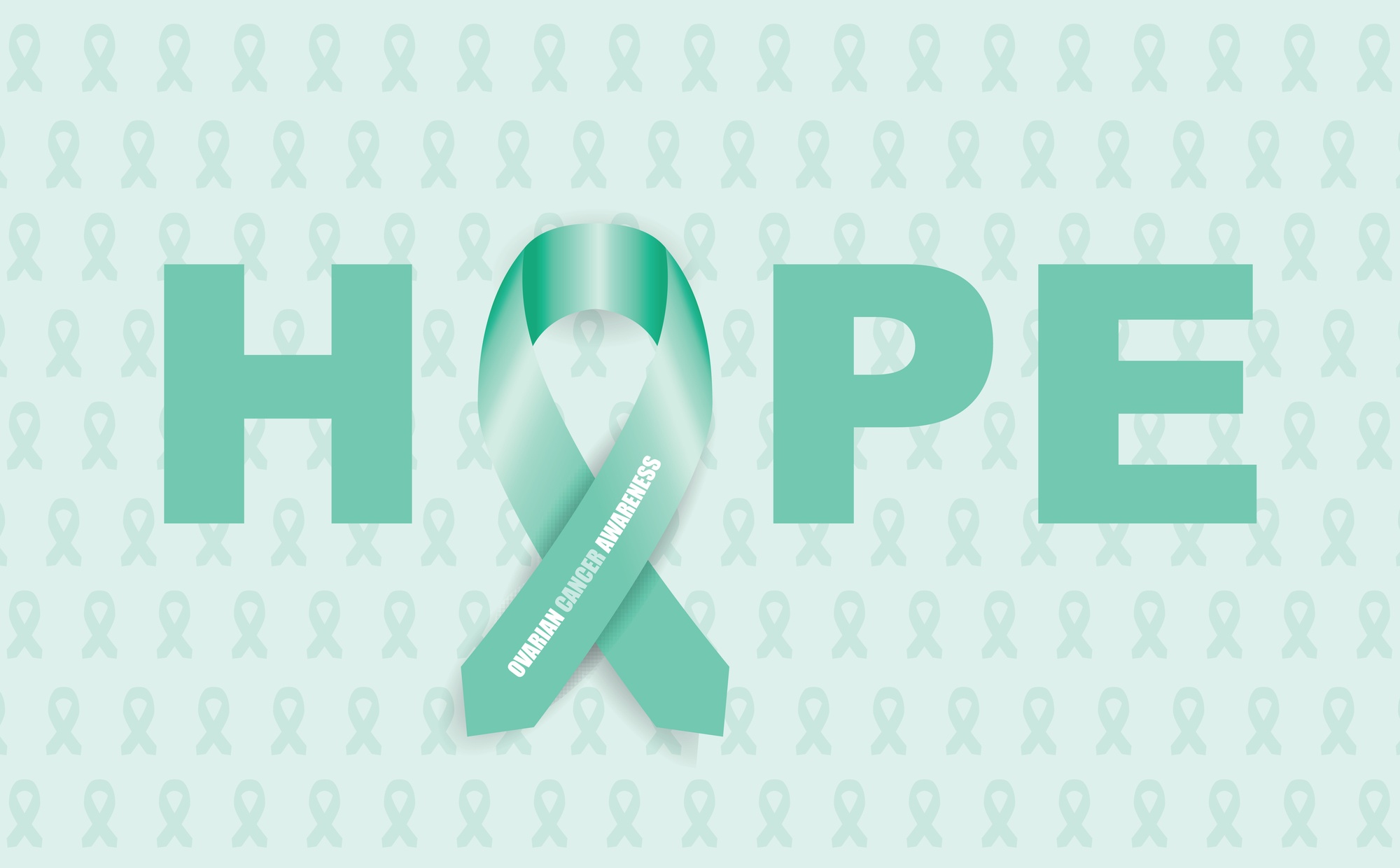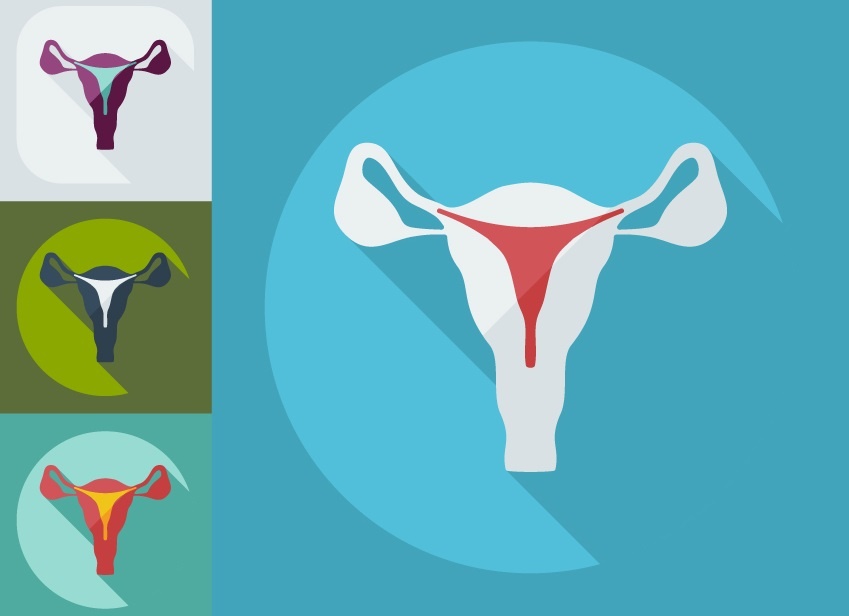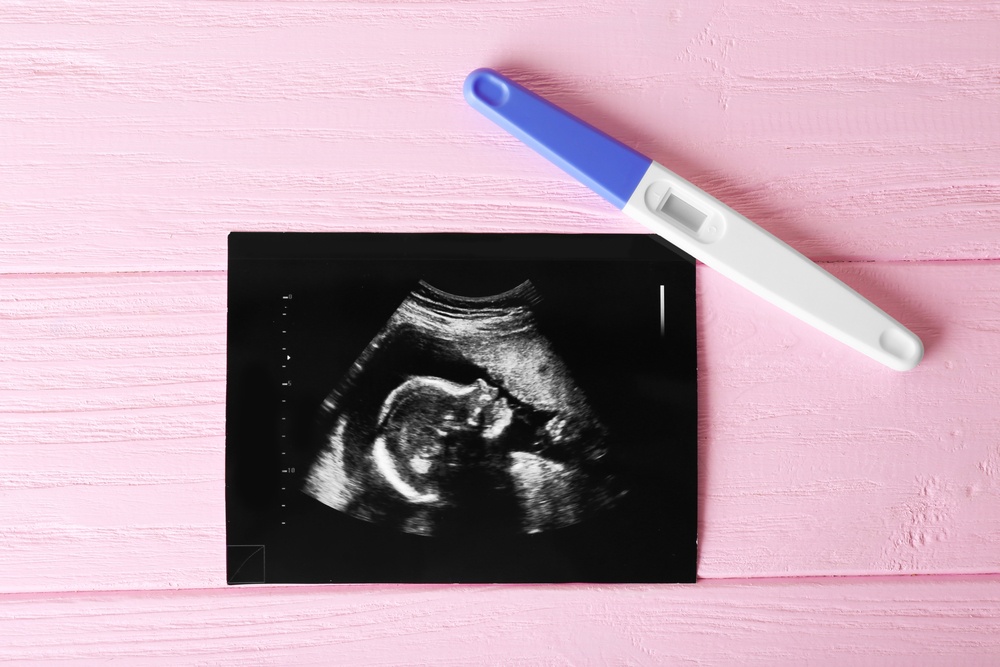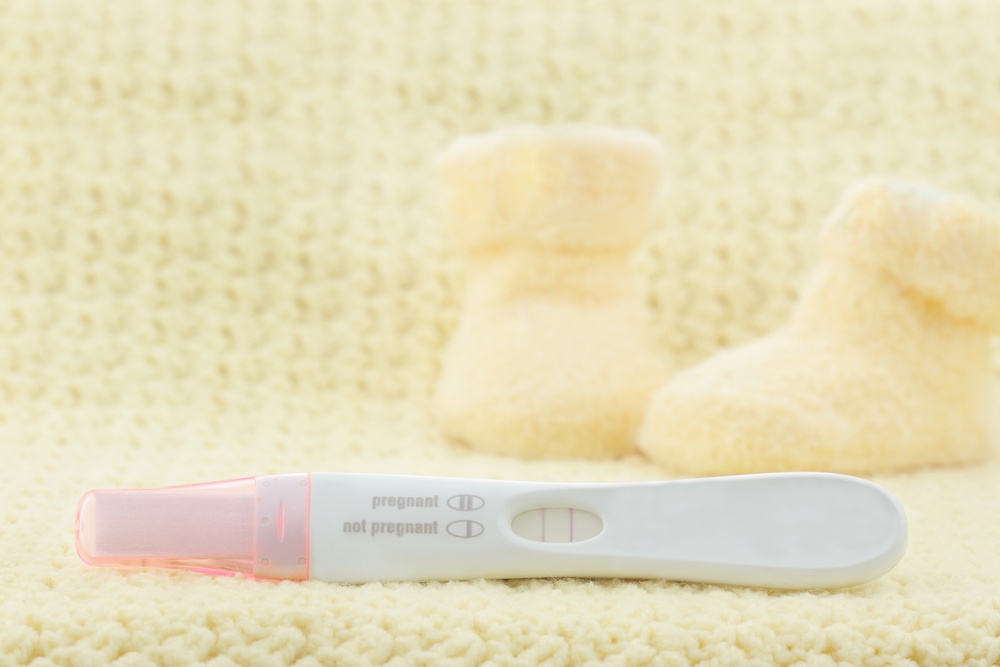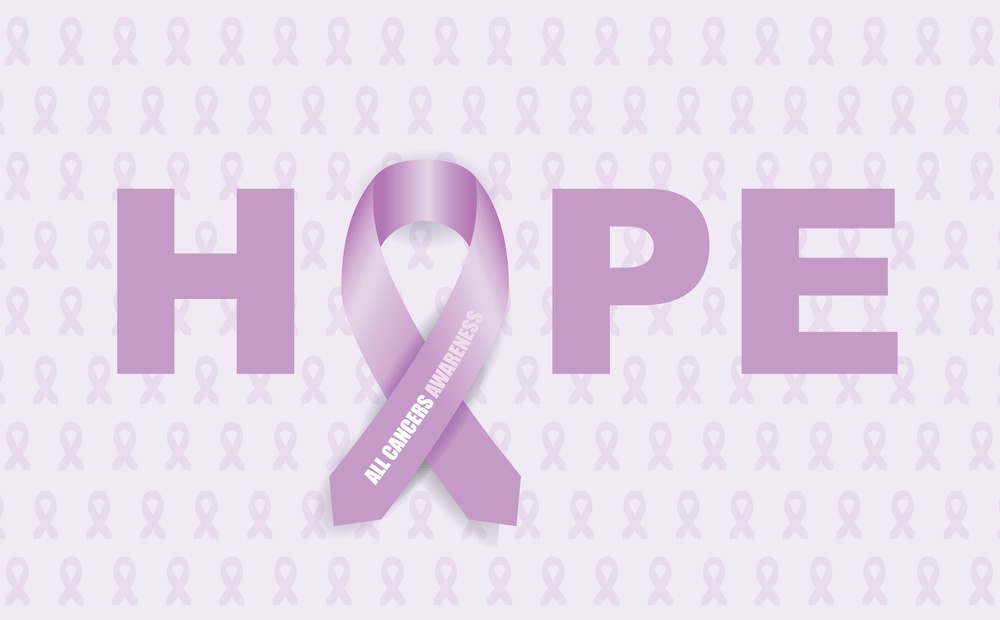September is National Ovarian Cancer Awareness Month. The American Cancer Society estimates that about 22,440 women in the United States will receive a new ovarian cancer diagnosis this year. While ovarian cancer primarily affects older women (about half of those diagnosed are over 63 years old) it can also strike young women at any point in their fertile years.
Ovarian Cancer Awareness Month: Fertility Preservation for Women with Ovarian Cancer
Are IVF Injections Painful? Tips for Fertility Shots
The IVF experience is demanding in many ways, and one topic that comes up more often than you think is how to get through the many injections of fertility medication required during the ovarian stimulation phase.
STDs & Fertility: Can You Get Pregnant With a Sexually Transmitted Disease?
Past and present sexual health can play an important role in fertility. Some sexually transmitted diseases (STDs) can leave scarring and inflammation which make it more difficult to conceive, even after the infection has been treated.
Hysterosalpingogram: How to Prepare, What to Expect, and Side Effects of the HSG Test
Every patient arrives at the fertility clinic with their own history and their own unique needs, but the vast majority of infertility cases are caused by a handful of common problems. Tubal-factor infertility, or a problem with a woman’s fallopian tubes, is one of the most common.
Implantation After IUI: Symptoms to Look for and What to Expect
The experience of fertility treatment is often full of uncertainty and anxiety: by the time you undergo treatment you may have spent a long time trying to have a baby, but it’s the last short stretch that’s often the hardest.
Getting Pregnant after Laparoscopy: What You Need to Know
Laparoscopy, also sometimes called “keyhole surgery” is a minimally invasive type of surgery that is often used to investigate or treat fertility issues, though it is also used for other common types of abdominal or pelvic surgery such as an appendectomy, gallbladder removal, or gastric band placement.
Egg Freezing as a Fertility Preservation Option for Cancer Patients
Fertility preservation for cancer patients is an important subject in the world of reproductive medicine. Young women who have been diagnosed with cancer may be suddenly confronted with the possibility that their fertility is likely to be compromised by the life-saving treatment they need.
Fertility after Chemotherapy: Can a Woman Get Pregnant after Cancer Treatment?
When you are dealing with a cancer diagnosis, planning for the future can be extremely challenging. The shock and stress of getting the diagnosis and undergoing treatment can understandably be all-consuming. For women who want to have a family after undergoing chemotherapy, worry about future fertility is often just another source of pressure at an extremely difficult time.
Donor Egg Pregnancy: How Using Donor Eggs Affects IVF Success Rates
While the public awareness and acceptance of using IVF to grow your family has increased in recent years, egg donation is less talked about. The shame and secrecy around the subject are standing in the way of patients who could benefit from the gift of donor eggs. For many women struggling to conceive, the decision to use an egg donor can feel fraught.
Taking Time off from Work for Fertility Treatments
Women often undergo fertility treatment at the most demanding stage of their careers, and concerns about whether IVF or other treatments will affect their work are a real consideration. Finding the time to go to all of the necessary appointments and schedule recovery time after procedures can be a challenge.

